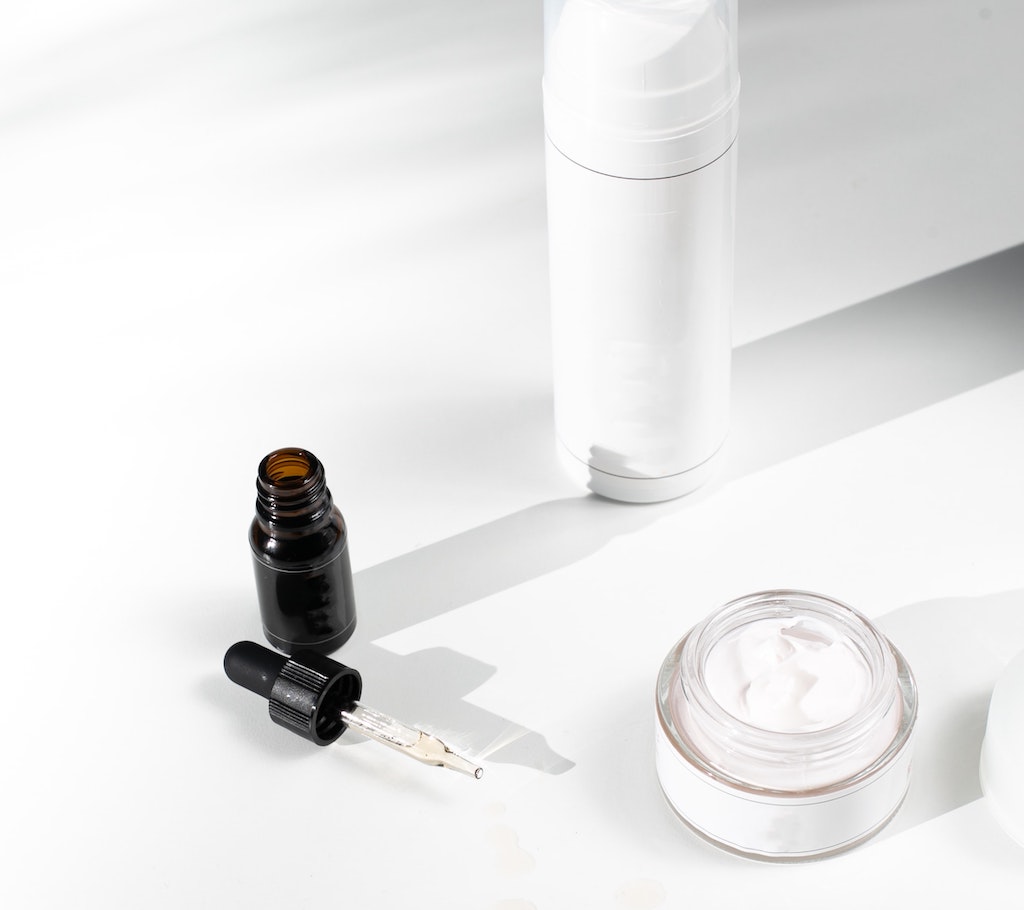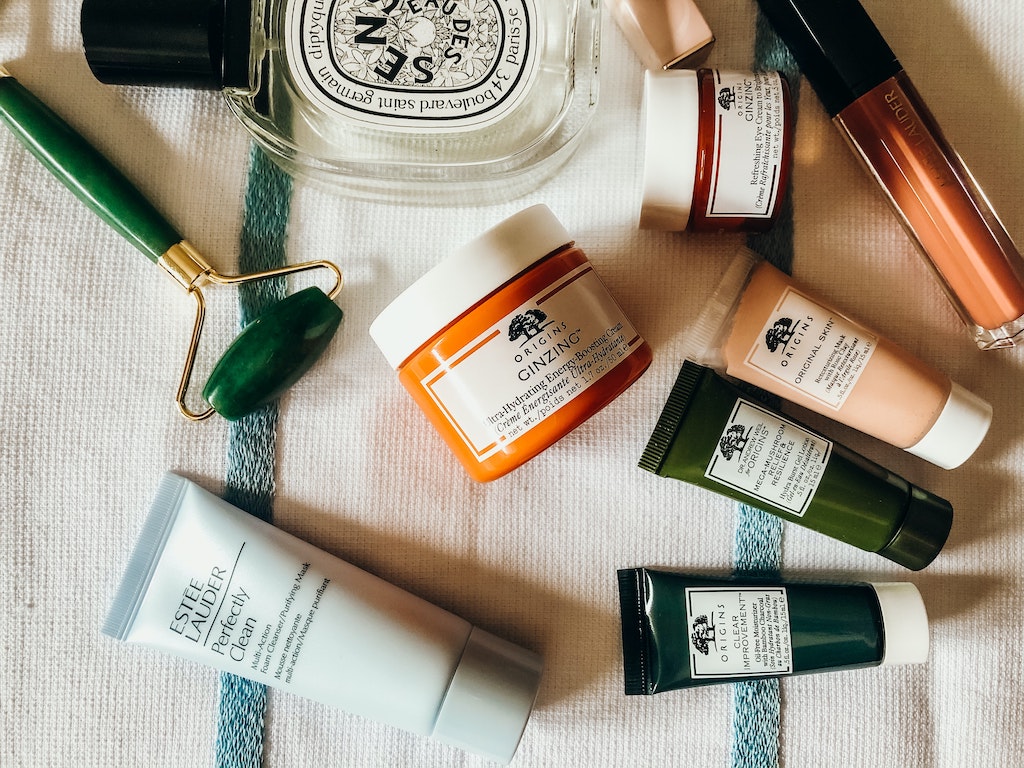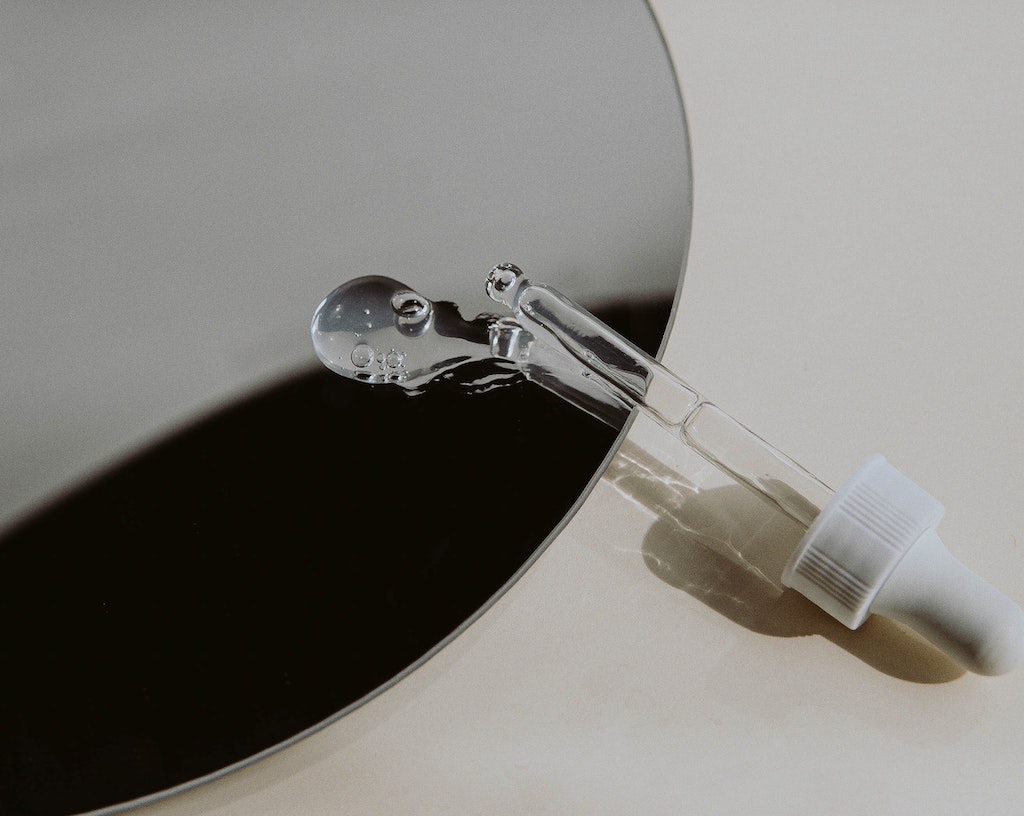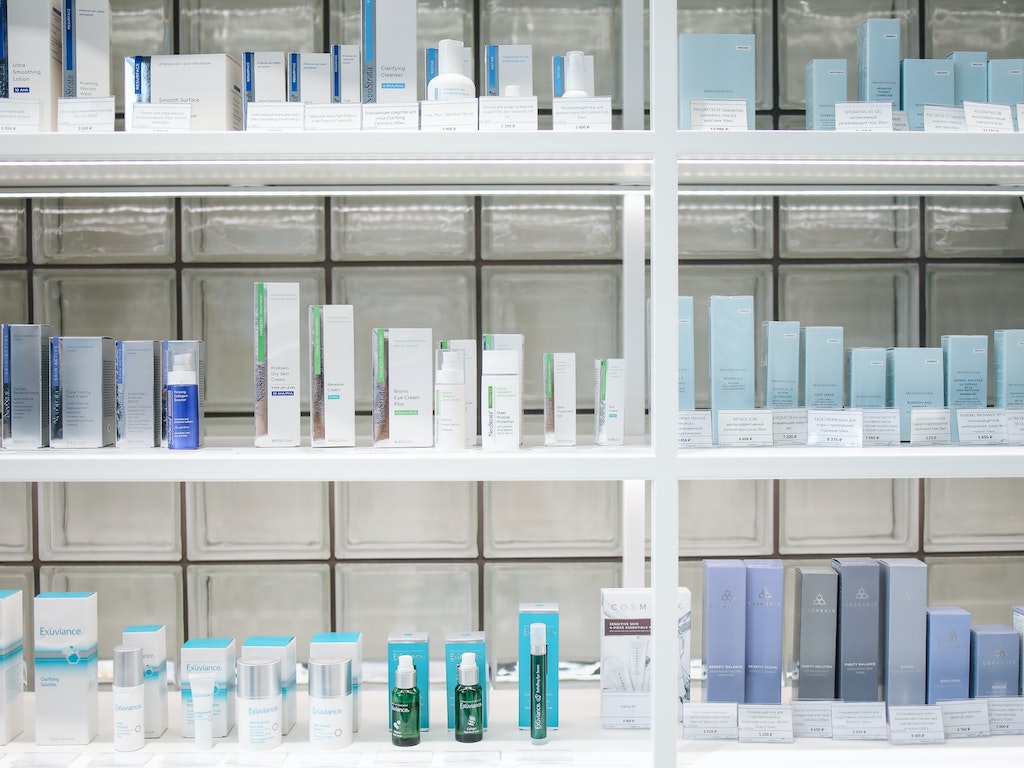3 Mins Read
According to a new analysis of the best-selling skincare brands on the market, nearly 60% of all items labelled as “natural” aren’t truly what they claim to be. Many contain synthetic ingredients, with the average “natural” product containing 2.4 different ingredients that do not qualify as natural.
The majority of natural skincare products are not truly natural, a new review of the best-selling brands on the market reveals. According to the analysis conducted by The Derm Review, 58% of “natural” brands actually contain synthetic ingredients, with 24% of them sold for a premium against conventional “regular” labelled products.

6 in 10 ‘natural’ products aren’t natural
The review examined the 100 top-selling natural skincare products to establish how many of these contain synthetic ingredients, and revealed that just 42% stood up to its claims. By sub-category, every single natural serum the study looked at contained at least one synthetic ingredient, while 78% of all natural face masks were not natural.
Overall, natural skincare products contain around 2.4 different synthetic ingredients. The most commonly found synthetic component used in natural products was ethylhexylglycerin, which is deemed safe in low concentrations but can cause minor irritation in high levels.
Phenoxyethanol is also widespread, found in 22% of the products the study looked at, while sodium ascorbyl phosphate came in third, found in 13% of the samples. The Derm Review was clear that ingredients that aren’t “natural” are not necessarily “bad”, but rather the study revealed the pervasiveness of misleading branding in skincare.

While phenoxyethanol is mainly used as a preservative and is a useful antimicrobial component, sodium ascorbyl phosphate is simply a source of non-natural vitamin C.
“As we’ve established, natural is not always better, but despite that, consumers have the right to know whether the products they buy are indeed natural or not,” explained skincare biochemist Elle MacLeman.
Related: Half of all cosmetic products sold in the US contain toxic PFAS – study
Skincare industry regulation
MacLeman says what the research shows is that the skincare industry lacks regulation over marketing and product claims to prevent misleading consumers.
“I think one of the problems is that the industry is pretty much unregulated when it comes to making claims. For instance, it’s common to see ‘chemical-free’ products on the shelves, but that doesn’t make any sense as even water is a chemical.”

“Sadly many brands overuse the word “natural” in their marketing in order to sell more products, and that feels misleading and deceptive. Especially as our research found that these products tend to be priced higher while not necessarily being better, safer or more environmentally friendly,” she added.
The sentiment has been echoed by clean beauty brand Youthforia, which tells its customers that while it is 100% bio-based, its products aren’t 100% natural and do contain synthetic ingredients that are not harmful, but are better for the environment or are more skin-friendly.
“For us, our highest priority is skin health and choosing skin-friendly ingredients,” says the brand’s founder Fiona Co Chan. “As a brand owner, my approach is not to demonize chemicals or synthetics but to be very transparent in our formulation philosophy and to explain why we choose the ingredients we use.”
All images courtesy of Pexels / Unsplash.




